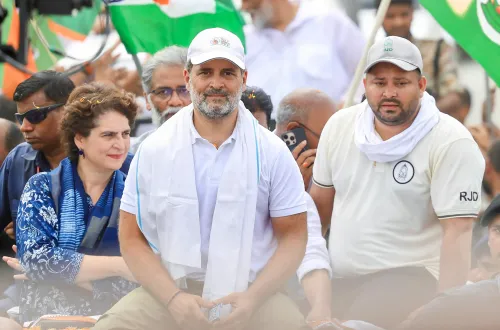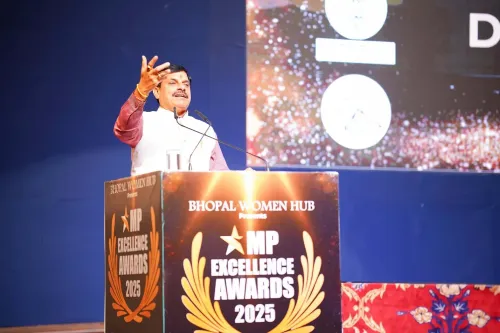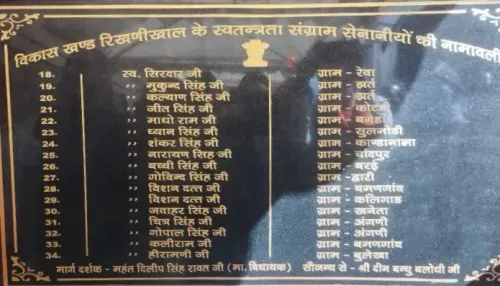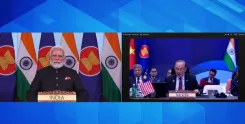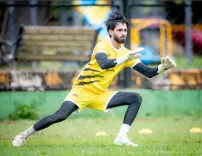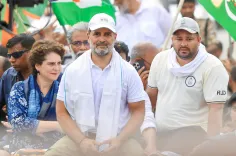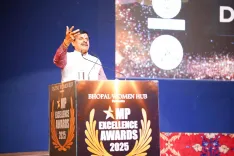What Clarifications Will the Delhi Court Seek from ED on October 30 in the National Herald Case?
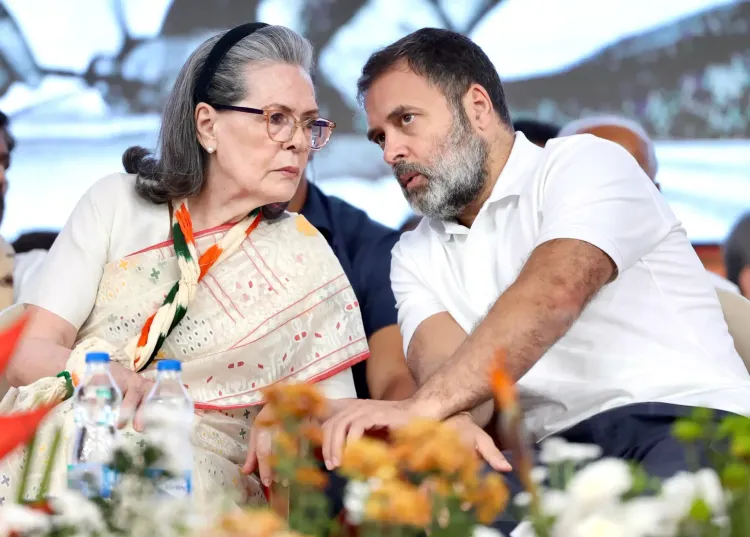
Synopsis
Key Takeaways
- October 30 is pivotal for the National Herald case.
- Clarifications from the ED are crucial for the decision-making process.
- Allegations include misuse of assets worth Rs 2,000 crore.
- The case raises important questions about political accountability.
- Previous complaints date back to 2012, highlighting ongoing controversies.
New Delhi, Oct 25 (NationPress) A Special Delhi Court has set October 30 to request specific clarifications from the Enforcement Directorate regarding the National Herald money laundering case. This case involves prominent Congress leaders, including Sonia and Rahul Gandhi.
Special Judge (PC Act) Vishal Gogne indicated that clarifications from the probe agency are essential before the court can decide on the prosecution complaint filed by the ED under the Prevention of Money Laundering Act (PMLA).
Back in July, the ED alleged that Sonia and Rahul Gandhi sought to appropriate the assets of Associated Journals Limited (AJL), valued at Rs 2,000 crore, the publisher of the National Herald newspaper.
During the previous hearing, the Special Court requested further information regarding the ED's decision to name Sonia Gandhi, Rahul Gandhi, and others as proposed accused.
The Rouse Avenue Court, which reviewed the case diary, is set to deliver its ruling regarding the prosecution complaint.
The court had reserved its decision on July 14 after thorough discussions with the federal anti-money laundering agency and the proposed accused, including the Gandhis.
In the hearing, Additional Solicitor General (ASG) S.V. Raju, representing the ED, stated that Young Indian Ltd, where Sonia and Rahul Gandhi hold majority shares, was allegedly used to misappropriate approximately Rs 2,000 crore in assets of the National Herald by paying a nominal amount of Rs 50 lakh.
ASG Raju asserted that 'Young Indian' is merely a name, and the other accused are under the influence of the Gandhi family.
The ED suggested that a conspiracy was formed to establish Young Indian to gain control over the extensive assets of the now-defunct newspaper, benefiting the top Congress leadership personally.
The agency pointed out that several senior Congress leaders were involved in fraudulent transactions linked to AJL, the original publisher of the National Herald.
ASG Raju informed the court that individuals were making fake advance rent payments over many years under the direction of senior Congress officials, using forged rent receipts.
The ED's prosecution complaint contends that this alleged malicious takeover enabled the Congress leadership to misappropriate AJL's properties and convert public trusts into personal assets.
Senior advocate Abhishek Singhvi, representing Sonia Gandhi, labeled the money laundering allegations as “strange” and “unprecedented”, insisting that no tangible assets were involved.
Additionally, Rahul Gandhi remarked that the All India Congress Committee's efforts to revive the pre-Independence newspaper were misinterpreted as an attempt to sell its assets.
Emphasizing the non-profit goals of the company, senior advocate R.S. Cheema, representing Rahul Gandhi, explained that the National Herald was never intended as a commercial venture, and the AICC merely aimed to restore the newspaper.
The dispute over the National Herald's assets first emerged in 2012 when BJP leader Subramanian Swamy lodged a complaint in a trial court, accusing Congress leaders of cheating and breaching trust regarding the acquisition of AJL.

